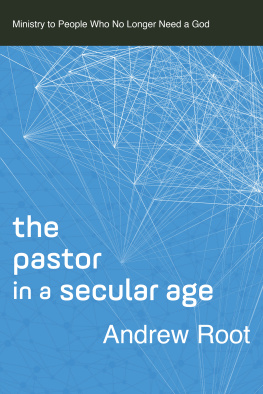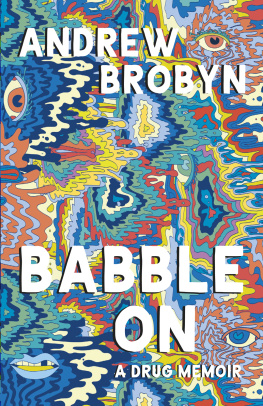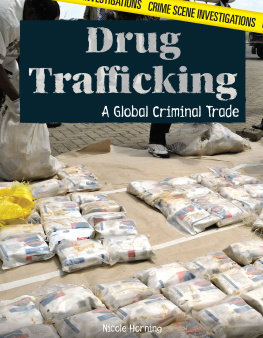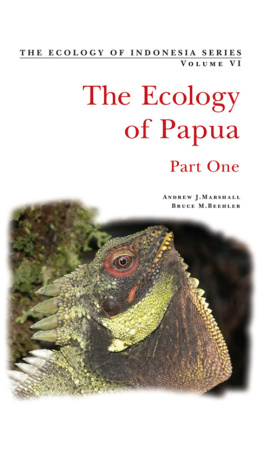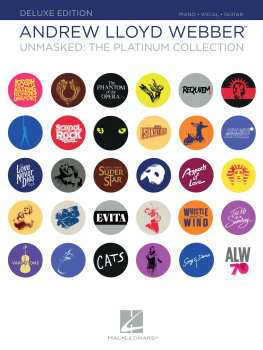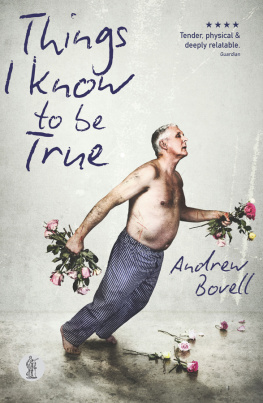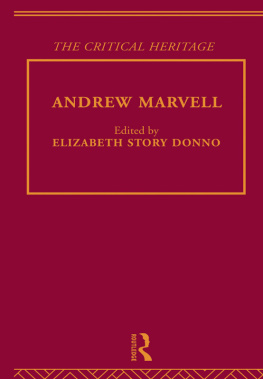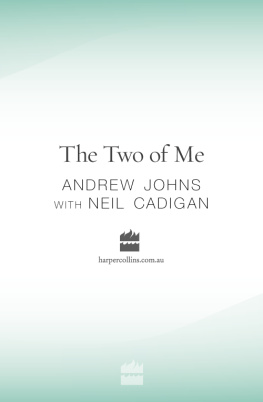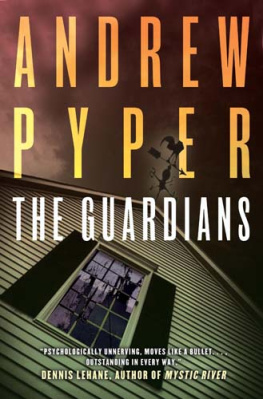Lyrics from 10,000 Reasons (Bless the Lord), written by Jonas Myrin and Matt Redman copyright 2011 Thankyou Music/Said And Done Music/Kingswaysongs and Jonas Myrin/Capitol CMG Paragon (BMI) (Admin. SHOUT! Music Publishing [AUS/NZ]) & Omega Songs (BMI), reproduced with permission from Crossroad Publishing and SHOUT! Music Publishing.
Lyrics from Mighty to Save, written by Ben Fielding and Reuben Morgan copyright 2006 Hillsong Music Publishing, reproduced with permission from Hillsong Music Publishing Australia.

Published in Australia and New Zealand in 2018
by Hachette Australia
(an imprint of Hachette Australia Pty Limited)
Level 17, 207 Kent Street, Sydney NSW 2000
www.hachette.com.au
Copyright Cindy Wockner 2018
This book is copyright. Apart from any fair dealing for the purposes of private study, research, criticism or review permitted under the Copyright Act 1968, no part may be stored or reproduced by any process without prior written permission. Enquiries should be made to the publisher.

A CIP catalogue record of this book is available from the National Library of Australia.
978 0 7336 3694 3
978 0 7336 3695 0 (ebook edition)
Cover design by Christabella Designs
Front cover photographs courtesy of Newspix/Lukman S. Bintoro and Associated Press/Firdia Lisnawati
Back cover photographs courtesy of Newspix/Lukman S. Bintoro
Author photograph courtesy of News Corporation Australia
Picture section photographs: p. 1 courtesy of the Chan family, Sukumaran family and Newspix; pp. 23 courtesy of authors collection, Lukman S. Bintoro and Newspix; pp. 45 courtesy of Newspix, authors collection; pp. 67 courtesy of Newspix, Lukman S. Bintoro, Getty Images and authors collection; p. 8 courtesy of authors collection
Bali 9: The Untold Story (with Madonna King)
Evil in the Suburbs (with Michael Porta)
To Andrew Chan and Myuran Sukumaran,
the Pastor and the Painter,
who showed us all that people can change.
Everyone deserves a second chance.
As one whose husband and mother-in-law have died the victims of murder and assassination, I stand firmly and unequivocally opposed to the death penalty for those convicted of capital offenses. An evil deed is not redeemed by an evil deed of retaliation.
CORETTA SCOTT KING
Myuran Sukumaran and Andrew Chan got what they did not deserve. They did not deserve to be tied up to wooden crosses and shot dead in the early hours of the morning in April 2015. Nor did the six others who were with them in the darkness.
Their parents did not deserve the torture they were forced to endure for months and weeks beforehand and the torment of knowing they had just 72 hours left. They did not deserve that final painful farewell, walking away knowing they would never see their sons again. The jail guards and officials who respected and liked Myuran and Andrew did not deserve, through duty, to be forced to police those final hours.
The 96 men of the firing squads did not deserve their job of sighting the beating hearts, using red laser beams, and then silencing those hearts.
I did not know the six people who were executed with Myuran and Andrew that night but I had met some of their relatives and heard some of their stories. I know they all had families that loved them.
But I did know Myuran and Andrew. I was there in Bali when they were arrested, all full of swagger and bravado and smart-alec quips, full of everything except contrition. And I was there in that small town in Central Java called Cilacap on the night they were shot dead, ten years and eleven days after they were arrested.
True, Myuran and Andrew had been convicted of heroin trafficking. They had admitted their role in attempting to bring 8.2 kilograms of heroin from Bali to Sydney. They had been found guilty of a very serious crime and one that would have brought untold misery to those who used that heroin and to their families. They deserved to be punished and severely. They knew that. They never asked to be freed. All they asked was for an acknowledgement that they had been rehabilitated and for their good deeds to matter.
When I first met Myuran and Andrew at the Denpasar police headquarters the day after their arrest, they were brash and bold. Andrew suggested that what happened to Schapelle Corby happened to him. Back then, I was ambivalent about them. Certainly there were not many reasons to have sympathy for a group of people caught red-handed with drugs. As a crime reporter for most of my career I had seen plenty of criminals come and go, many refusing to admit guilt in the face of overwhelming evidence, lacking in any kind of contrition.
But this story turned out to be different. There was not one moment that I doubted their reformation and rehabilitation was genuine. True, the death penalty provides a powerful incentive to reform or pretend to reform. People would often ask me if I believed the transformation was genuine or an act. I did believe them. And as I got to know them better and better I became more convinced that this was real.
When their jail projects were in their infancy and before Myuran had even picked up a paintbrush, his enthusiasm was infectious. He was so excited he couldnt stand still as he showed me around the jail workshop and computer room. He kept telling me how happy he was to have finally found something worthwhile to do in jail and how he was becoming a better person. He asked me if I agreed he was a better person. I did. Andrew was the same as he talked of helping others through his Christian ministry, giving examples of lives that had turned around and of souls that had been saved. He suggested I talk to those people to get a clearer picture of him. As he said, you can always talk yourself up but the true test is what others say about you. As the projects grew, so too did Myuran and Andrew. They became men of whom their families were proud.
As a journalist my job dictates objectivity and neutrality. I dont have to like or dislike those I write about. I just need to tell the story, accurately and honestly. Of course, its human nature to feel compassion. And when you spend ten years covering a story like this one, its difficult not to feel compassion. Myuran and Andrew became more than subjects on whom I was reporting.
For the first few years after their arrest and as their legal cases came and went I saw them regularly at various jail events and at court. They were still brash and not very likeable. They tolerated me but they didnt trust me. After all, I was just doing my job. For my part, I didnt care too much what they thought. It was in 2010 when I got to know them better. The jail boss had allowed me inside for several days to interview the Bali Nine and see how they were beginning to transform the jail. I spent hours with Myuran and Andrew as they showed me around and opened up to me. I was allowed into their cells, in the so-called death tower. Nothing had been off limits. They asked me to bring them McDonalds. I knew they were desperate to be portrayed as real people, doing good in the jail and I left after those visits with no doubt they were changing. They were no longer the two surly drug traffickers I first met in 2005.
Over the next few years I got to know them better and I stayed in touch with them when I moved, from Indonesia to Nigeria to live in 20122014. In 2013 I came back from Nigeria to do another series of in-depth interviews with Myuran and Andrew and their families. By this time they were well and truly reformed. From that time on, I communicated regularly with them and as their executions neared, I shared many late-night conversations with them that often turned into counselling sessions. Myuran once asked my advice on making videos for his family to watch after he was dead. With every new announcement from the Indonesian side he asked my advice, he pleaded with me: did I think they were nearing the end, what should they do, how could they save themselves, how much time did they have left? I was a journalist, I wasnt trained for this, this wasnt about me, but I had promised them both I would tell their story. Many times in those last few months I hung up the phone and cried.



